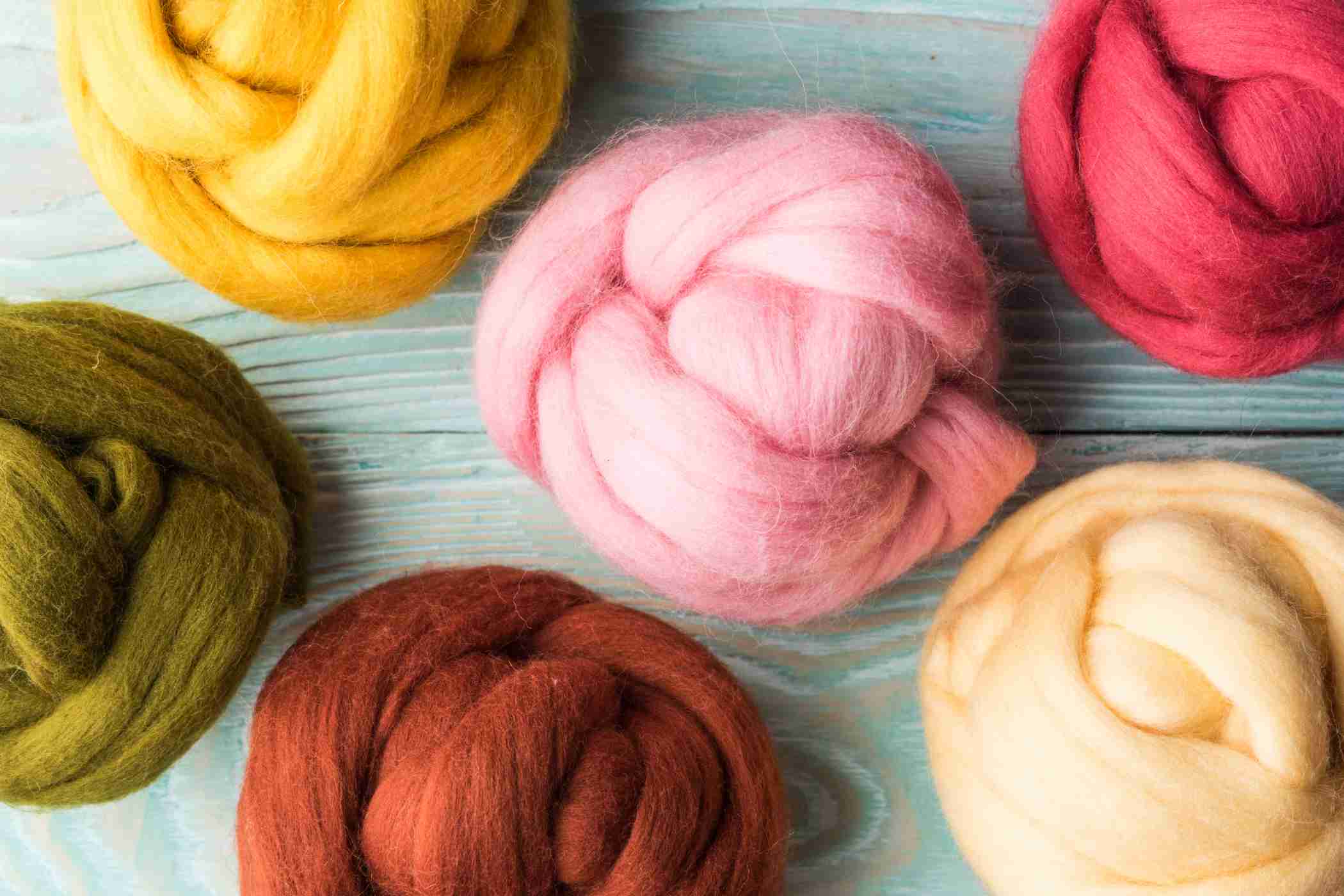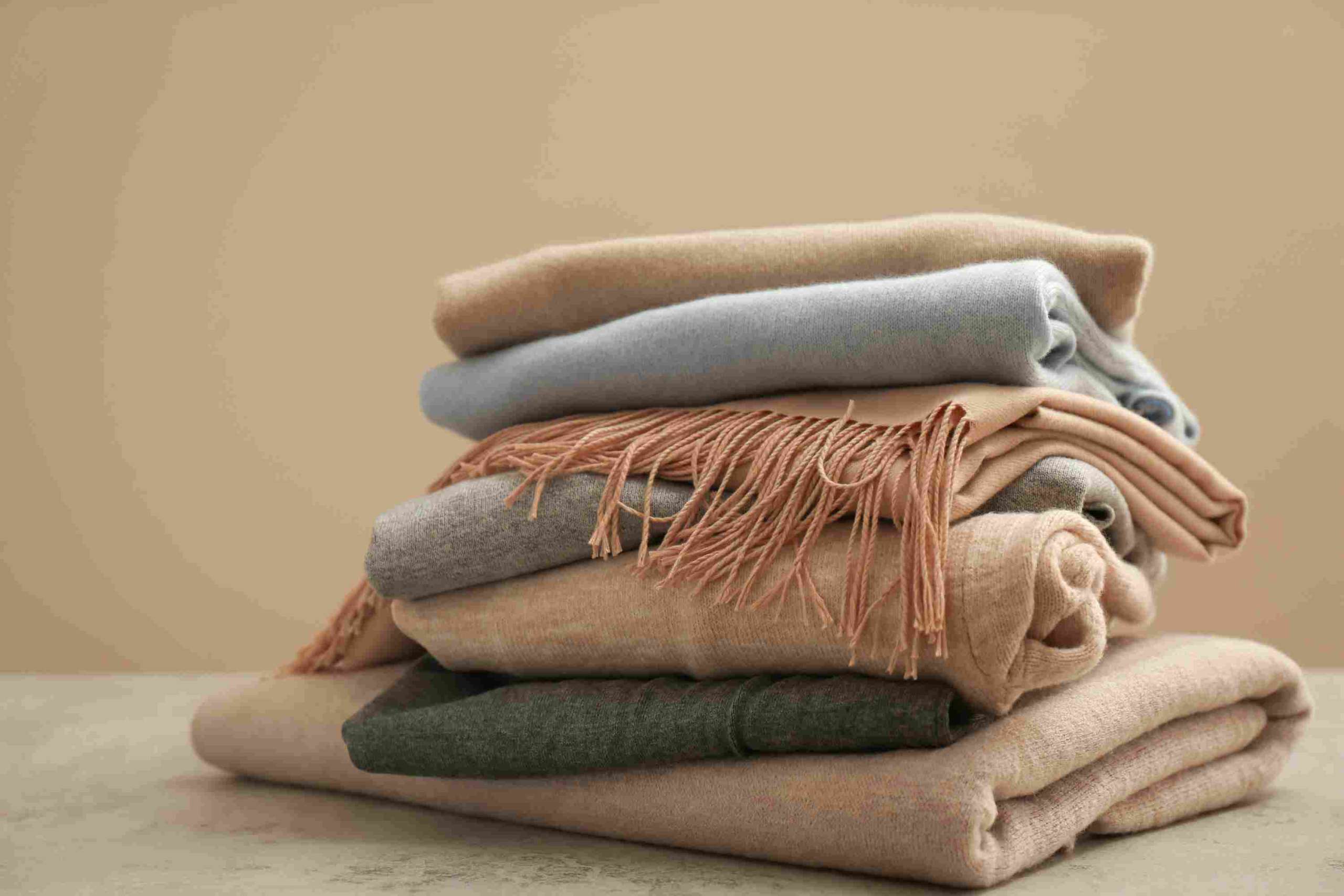Polyester Fabric Is A Friend Or Foe?

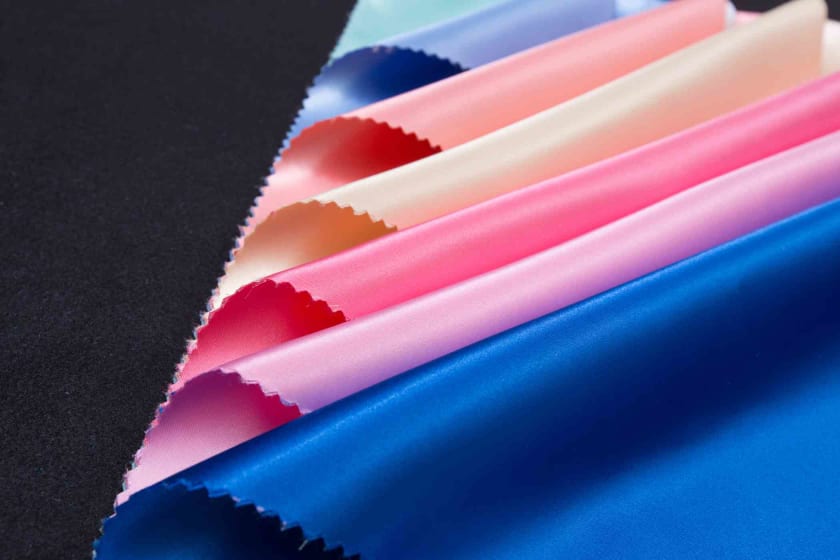

Polyester is one of the world's most popular textiles. It is a synthetic fabric derived from petroleum. Polyester is composed of polymers that come from fossil fuels. Some polyester is biodegradable, while some aren’t. Non Biodegradable polyester contributes to environmental waste to a large extent. Fashion enthusiasts often face a dilemma when they are asked whether polyester should be considered as our friend or foe. Let us peek into some detail about this waterproof fabric to find out.
Polyester has a large number of uses. It is the most commonly used and manufactured fabric in the world. Like every material, it has both advantages and disadvantages.
Some Advantages of Polyester Fabric
1. Blends easily with other fabrics
Polyester blends easily with natural fabrics like cotton. It is commonly used with other materials to reduce the cost of production. The blend of polyester in materials improves their durability and shrinkage.
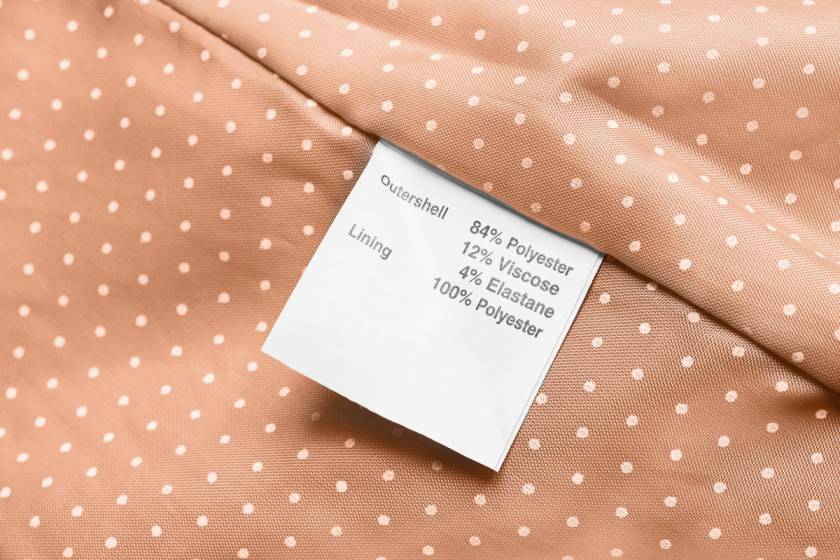
2. Inexpensive with a variety of uses
Polyester is way cheaper than its alternatives — one reason that it is perfect for use with other materials. Polyester yarn and fabric come with extensive durability and can stand rough usage. They can be washed and used repeatedly. Polyester-cotton blended clothes are in fact cheaper than 100% cotton. So basically, it reduces the cost of garments and adds its qualities to them too!
3. Easy to maintain
Polyester is easy to clean and dries up quickly. It doesn't need any ironing since it doesn't get wrinkled. Polyester can also be dry cleaned easily. This fabric cannot get damaged by insects and is stain-resistant to an extent. Also, polyester yarn and fiber are easy to recycle. After recycling, the product formed is recycled polyester.
4. Non-absorbent
Polyester is non-absorbent. This quality makes polyester waterproof. The non-absorbent quality of the polyester fabric manages moisture and keeps you comfortable which is why it is perfect for making athletic apparels. One such variant of polyester is polyester microfiber. This fabric allows moisture to wick at the surface so that it evaporates quickly.
Some Disadvantages of Polyester Fabric
1. Threat to the ecosystem
From the production to use and to its disposal, polyester fabrics are a threat to our environment. Its production begins with materials obtained from fossil fuels, which are a limited resource. During its production, high toxins and emissions are discharged into the water bodies. Also, the dye carrier used to dye the polyester fabrics are toxic to humans to a large extent.
2. Not very breathable
Like natural fabrics, polyester fabrics are not very breathable. Due to less breathability, these fabrics are uncomfortable to wear. However, there are some polyester fabrics like microfiber polyester which are comfortable and breathable.
3. Difficult to decompose
One huge disadvantage of the polyester fabric is that it is hard to decompose. This fabric can take hundreds of years to undergo natural decomposition, of which methane is a byproduct. Methane is a greenhouse gas harmful to our environment as it contributes to climatic changes.
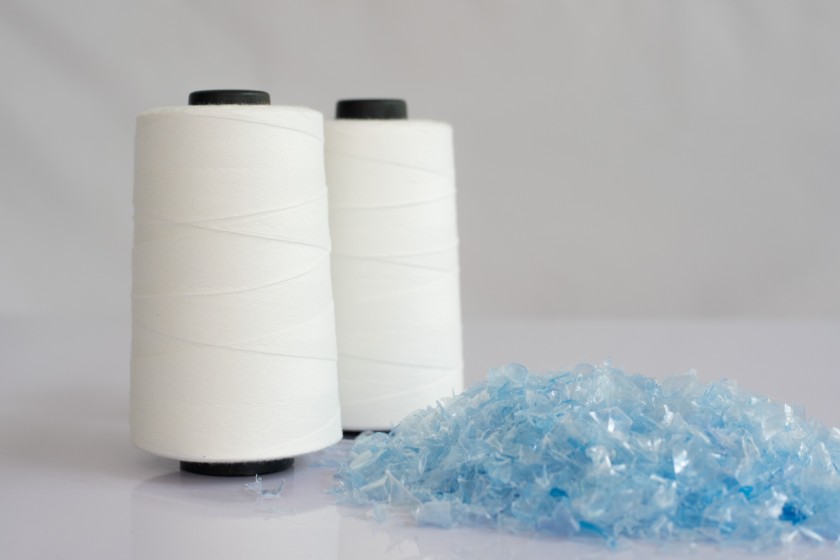
4. Polyester's damaging microfibers
On washing, polyester fabrics release plastic microfibers in the water supply. On getting discharged into our seas and oceans, these particles add up to the plastic waste. This process is highly hazardous to marine life. Also, these polyester particles are often breathed in or eaten by us when we wear this fabric. In humans, it can reduce fertility in both men and women.
Conclusion
The disadvantages of polyester fabrics are disturbing. It makes us realize how one simple choice can be dangerous to us and others. But with such widespread use of polyester in the textile industry, it’s hard to shun the fabric altogether. One thing that can be done, however, is to buy clothes with certified polyester.
Certified polyester fabrics are made without the use of harmful dyes and toxins. With time, new types of polyester are also emerging in the textile industry. Moreover, more sustainable alternatives of the polyester fabric are being designed, so we may not be very far away from such a versatile fabric which is a friend in all sense but not a foe in none.















